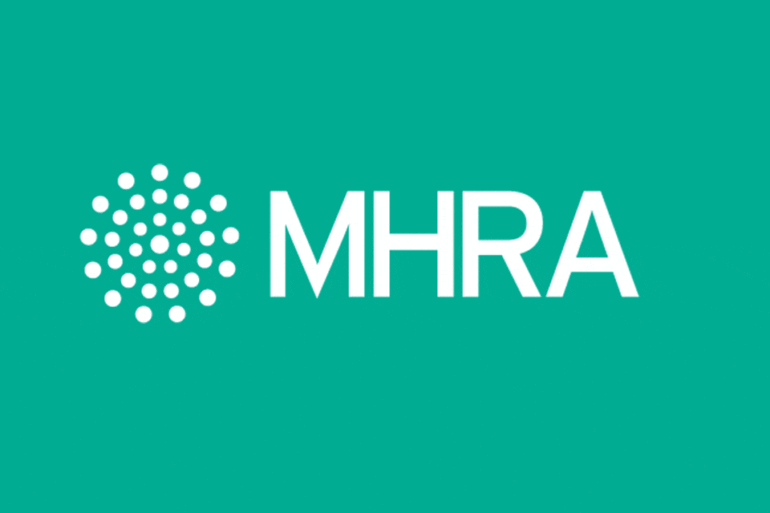TL;DR:
- MHRA introduces the AI-Airlock, a regulatory sandbox for AI medical device developers.
- It accelerates the deployment of AI innovations in healthcare, improving patient care.
- AI technology in healthcare offers better diagnoses, optimized treatments, and personalized care.
- Traditional trial methods often hinder the testing of these technologies, making the AI-Airlock essential.
- The initiative encourages collaboration among innovators, regulators, government, the NHS, and academia.
- Patients will gain earlier access to emerging technologies, positioning the UK as a leader in AI healthcare.
- The ‘regulatory sandbox’ model ensures safety and shared learning for AI medical device manufacturers.
- Government funding ensures the AI-Airlock’s launch in April 2024.
Main AI News:
The Medicines and Healthcare products Regulatory Agency (MHRA) is set to revolutionize the landscape of AI medical device development with the launch of the AI-Airlock, a groundbreaking regulatory sandbox. This innovative initiative promises to expedite the deployment of cutting-edge software and AI medical devices, granting patients earlier access to transformative healthcare innovations.
In the realm of healthcare, Artificial Intelligence (AI) holds immense potential to elevate patient outcomes through advanced diagnostics, personalized treatment selection, optimized medication dosing, and enhanced patient care. However, the intricacies of testing such technologies using traditional trial methods often present challenges. The AI-Airlock project, with its collaborative approach to identifying and managing evidence requirements, emerges as a pivotal solution to this issue.
The MHRA’s commitment to fostering innovation in medical product development shines through this initiative. By facilitating access to AI technology in healthcare settings, the AI-Airlock ensures that strict safety controls are upheld before navigating regulatory approval. This means that NHS patients stand to benefit from emerging technologies sooner than ever before, positioning the UK at the forefront of AI healthcare adoption.
Crucially, the AI-Airlock fosters collaboration among innovators, regulatory bodies, government entities, the NHS, and academia. This unique partnership ensures that AI medical devices can navigate the current regulatory landscape effectively, identifying areas where additional evidence is required for safety and efficacy assessments and working toward resolution.
Moreover, the AI-Airlock’s ‘regulatory sandbox’ model provides a robust process for manufacturers to understand and meet the real-world viability standards of their software and AI medical devices. This process not only ensures safety but also fosters a shared learning environment that promotes a deeper understanding of challenges and potential solutions.
Dr. Paul Campbell, MHRA Head of Software and AI, emphasized the importance of balancing safety and innovation, stating, “The deployment of AI and machine learning enabled med-tech devices is challenging… The new AI-Airlock scheme run by the MHRA will give us answers about how best to provide safe and effective products, such as AI-driven medical devices, to the NHS and patients.“
Dominic Cushnan, NHS England AI, Imaging & Deployment Director, echoed this sentiment, underscoring the NHS’s dedication to embracing AI technologies to benefit patients.
With government funding from the Department of Science, Innovation and Technology and the Department of Health and Social Care, the AI-Airlock is slated to launch in April 2024. This transformative initiative marks a significant leap forward in the safe and efficient development and deployment of AI in the healthcare sector. MHRA’s AI-Airlock promises to unlock the future of AI medical devices, ensuring that patients receive the best care possible, faster and safer than ever before.
Conclusion:
MHRA’s AI-Airlock signifies a significant leap in AI medical device development. It ensures faster and safer access to advanced healthcare technologies, strengthening the UK’s position in AI healthcare adoption and promoting innovation while maintaining rigorous safety standards. This initiative is poised to shape the future of the healthcare market by ushering in transformative AI-driven solutions.

